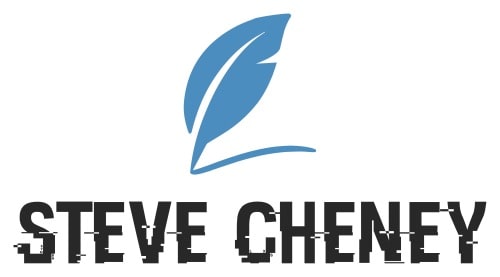In the digital age, the ease of accessing entertainment content has led to a growing debate around the ethics of pirating books, movies, and other media. While piracy may seem like a convenient way to access content, it raises complex legal and moral questions. In this article, we’ll explore the various perspectives on this issue and help you understand the ethical considerations of pirating books and movies.
The Legal Implications of Pirating Books and Movies
Piracy has different definitions. When students hire a coursework writing service because they need help, they buy professional content from experts and use it to expand their own knowledge. Everyone benefits, and no one gets hurt in this situation. When it comes to getting books or movies without others’ consent, though, things take a darker turn. You might face some serious legal consequences as a result.
- Pirating copyrighted content is generally considered illegal in most countries, with potential penalties ranging from fines to criminal charges.
- The laws surrounding piracy can vary widely, and the consequences are especially severe for repeat offenders or large-scale operations.
- The legal risks associated with piracy and the potential consequences you may face if caught might include going to jail.
The Impact of Piracy on the Entertainment Industry
- Piracy can have a significant impact on the entertainment industry, potentially costing creators, producers, and distributors billions in lost revenue each year.
- The reduced income from piracy can make it more difficult for artists, authors, and filmmakers to continue creating new content, as they may not be able to earn a sustainable living from their work.
- Piracy can also lead to job losses and financial instability in the entertainment industry overall, affecting the livelihoods of many people involved in the creative process.
Arguments for and Against Pirating Books and Movies
Arguments for Piracy
- Accessibility: Piracy can make content available to those who may not be able to afford it or have access to it through traditional channels.
- Sampling: Piracy can allow people to “sample” content before deciding to purchase it, which can lead to increased legitimate sales.
- Protest against high prices: Some people view piracy as a form of protest against what they perceive as exorbitant prices for entertainment content.
Arguments Against Piracy
- Theft of intellectual property: Piracy is considered a form of theft, as it deprives creators of the rightful compensation for their work.
- Harm to the creative community: Piracy can negatively impact the livelihoods of artists, authors, and filmmakers, making it more difficult for them to continue creating content.
- Potential legal consequences: The risks of being caught and facing legal penalties can outweigh the perceived benefits of piracy.
The Role of Copyright and Intellectual Property Rights
Copyright laws exist to protect the rights of creators and ensure they are fairly compensated for their work. Intellectual property rights are an important part of the creative ecosystem, too, as they provide incentives for people to continue creating new content. Respecting these rights is crucial for supporting a thriving and sustainable entertainment industry.
Alternatives to Piracy: Legal Streaming Services, Libraries, and Affordable Options
- Legal streaming services: Platforms like Netflix, Hulu, and Amazon Prime offer a wide range of content at affordable prices, providing a legitimate alternative to piracy.
- Libraries: Public libraries often have extensive collections of books, movies, and other media that can be accessed for free or at a low cost.
- Affordable options: Many content creators and distributors offer their work at reasonable prices or free in exchange for reviews, making it possible to access entertainment without resorting to piracy.
The Consequences of Piracy for Creators and Artists
- Reduced income: Piracy can directly impact the ability of creators to earn a living from their work, potentially leading to financial hardship and the inability to continue creating any content.
- Diminished creative incentives: If piracy becomes widespread, it can undermine the incentives for artists, authors, and filmmakers to invest their time and resources into developing new creative works.
- Harm to the creative ecosystem: Piracy can have a cascading effect, damaging the entire creative ecosystem and making it more difficult for new talent to emerge and thrive.
Tips for Avoiding Piracy and Supporting Ethical Consumption
What can you do to avoid piracy and support the creators? Try following these tips!
- Utilize legal streaming services and purchase content through official channels.
- Explore affordable options, such as library loans and discounted digital purchases.
- Prioritize supporting independent creators and smaller content producers.
- Educate yourself and others about the ethical implications of piracy.
- Advocate for more accessible and affordable content options.
By making informed choices and supporting creators through legitimate channels, you can play a role in fostering a thriving and sustainable entertainment industry. Remember, your actions as a consumer can have a significant impact on the creative ecosystem. Let’s work together to find a balance between access and ethics.








